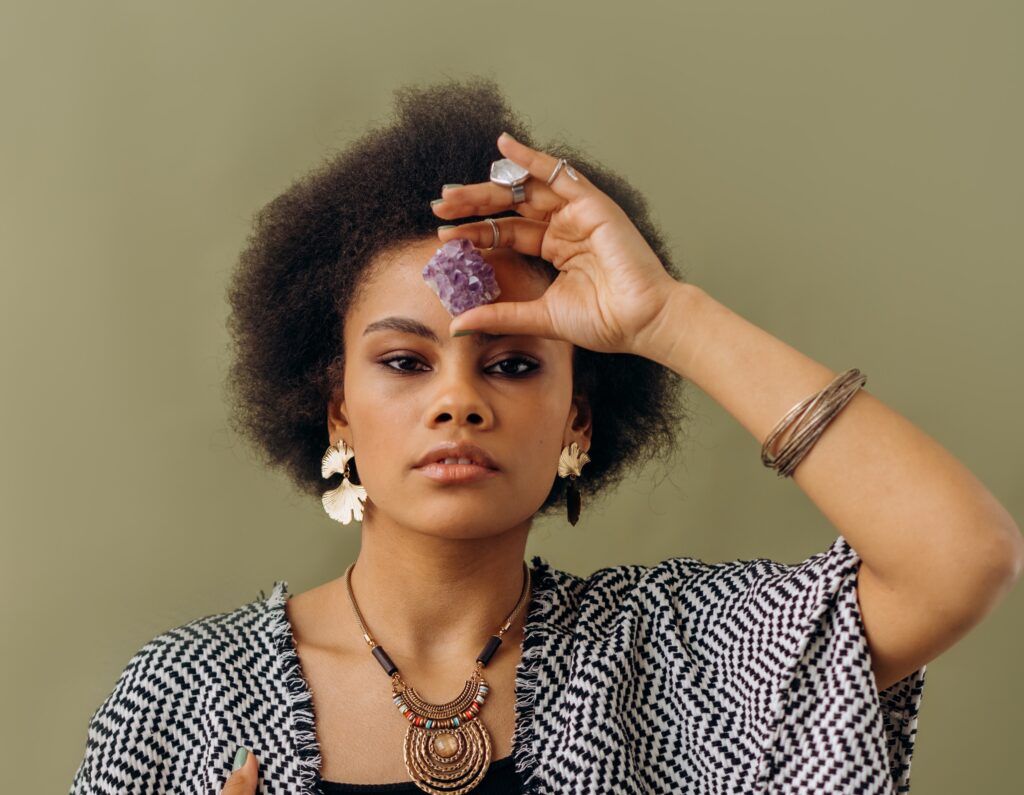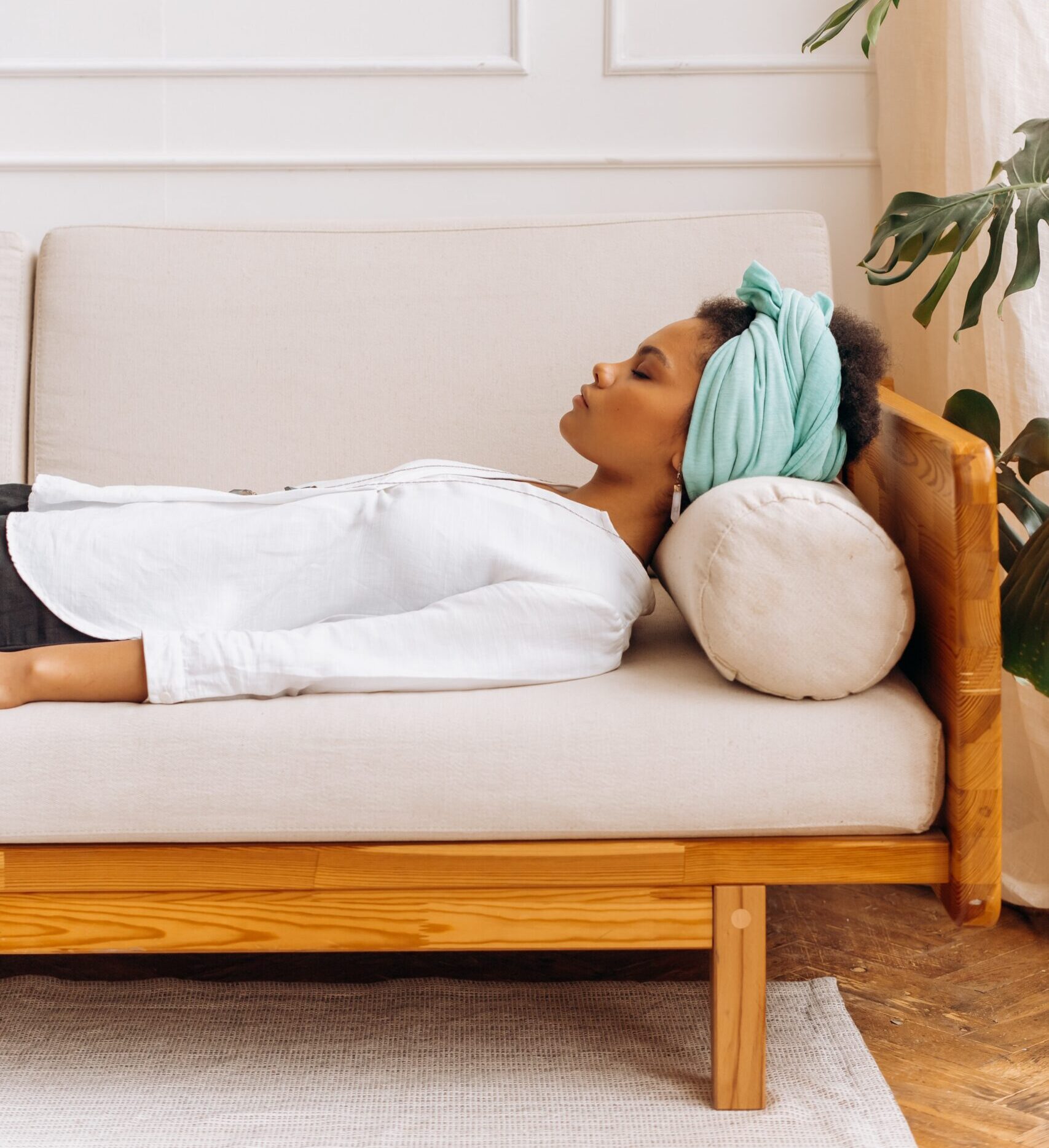As the world becomes more connected, people are seeking alternative ways to maintain their health and well-being. While traditional Western medicine remains the primary form of healthcare for Americans, many individuals are looking towards alternative healing procedures to supplement their wellness journey. Here are some alternative health approaches to consider. Before trying any of these practices, first check with your physician.
Ayurveda
Ayurveda is an ancient Indian alternative health practice that focuses on the idea that health and wellness depend on a balance between mind, body, and spirit. Ayurvedic practitioners use a variety of techniques, including diet, herbal remedies, and meditation, to promote overall health. Ayurveda has gained popularity in recent years, and many people find that incorporating Ayurvedic techniques into their daily routine can lead to a greater sense of balance and well-being.
Shahada Karim, President of Habibi Body Sport, is an Ayurveda practitioner. Karim believes the most effective way to connect is through plain speech, clear direction, and decisive action.
“Exercise is a very effective way to deal with stress. Moving your body helps to release endorphins, which can balance your mood. The exercise doesn’t have to be complicated or strenuous. Something as simple as a walk can go a long way to help clear your mind,” Karim said.

Homeopathy
Homeopathy is a lifestyle healing process that is based on the idea that “like cures like.” Homeopaths use highly diluted substances to treat a variety of conditions, including seasonal allergies, coughs, colds, and migraines. The practice is over 200 years old and many consider it reliable. Naturopathy is similar to Homeopathy. This form of alternative health focuses on the use of natural remedies and the body’s ability to heal itself. Naturopaths use techniques including herbal medicine, acupuncture, and massage, to promote health and wellness.
Acupuncture
Acupuncture involves inserting thin needles into specific points on the body to balance the body’s energy flow. By stimulating these points, the body can better heal itself. Acupuncture treats various conditions, including chronic pain, stress, and infertility.
Reiki
Reiki is a Japanese-originated alternative health and wellness practice that involves using the hands to transfer energy to the body to promote healing. Contact massage therapists in your area to ask about this. Reiki reduces stress and promote relaxation. Over the years, Reiki has gained popularity and continues to be a top choice for many massage clients.
According to Dr. Akash Bajaj, a board-certified anti-aging expert, alternative healing has been around for ages and is still a valid lifestyle choice.
“We’ve been practicing what is now considered to be alternative medicine for millions and millions of years,” Bajaj said. “If alternative healing techniques and alternative medicine were not successful, none of us would be sitting here today having this conversation. Modern medicine and the concept of treating sickness have only been developed relatively recently in history. So, the short answer is it is the most powerful option available.”
Bajaj also says that when it comes to adopting alternative medicine, the basics matter,
“The last thing we all need is a new alternative medicine regimen or program. Stick to the basics. Stick to the fundamentals. Find a licensed board-certified practitioner that can spend time with you. Look at objective data labs and develop a custom bespoke plan utilizing all of the many proven techniques that we have today,” Bajaj said. “The biggest thing for you as a patient to keep in mind with this is just to do the work. Stay consistent day in and day out, regardless of how you feel, and watch yourself become unbreakable.”
